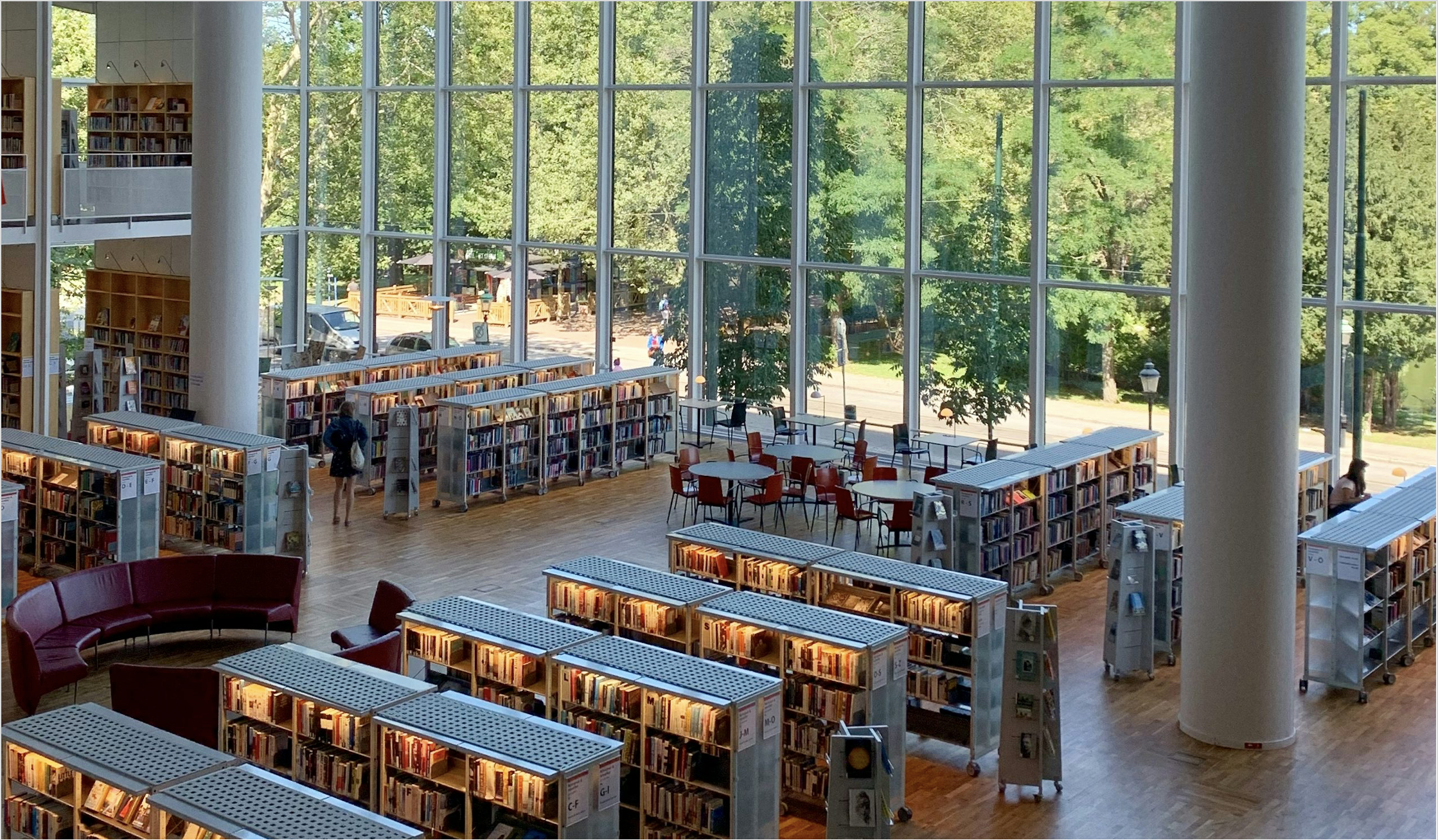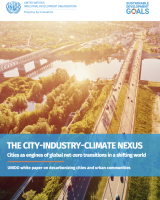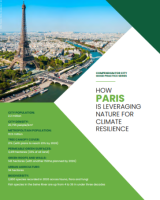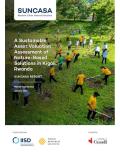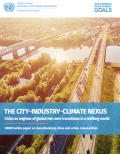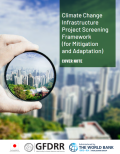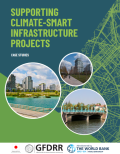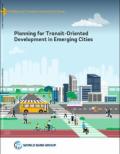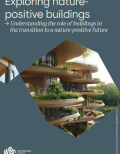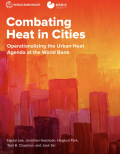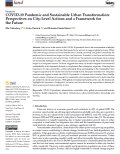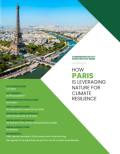Knowledge Products
The GPSC hosts a digital library featuring practical tools, reports, and case studies. Explore curated resources across thematic areas, filtering by topic or region to find the insights required to advance urban sustainability.
Report
Compendium for City Good Practice Series: How Paris Is Leveraging Nature For Climate Resilience
This report, as part of the Compendium for City Good Practice series, highlights Paris's innovative approach to climate resilience through the strategic integration of nature into urban environments. It offers a comprehensive overview of Paris's strategy on urban nature, showcasing how the city is integrating biodiversity into planning, leveraging green spaces, biodiversity corridors, and sustainable landscaping to mitigate the impacts of climate change. The report serves as a valuable resource for cities worldwide seeking to emulate Paris's successful model ofReport
Sustainable Asset Valuation Assessment of Nature-Based Solutions in Kigali, Rwanda
This Sustainable Asset Valuation (SAVi) assessment evaluates the economic, social, and environmental performance of nature-based solutions (NbS) implemented under the
Climate Change Infrastructure Project Screening Framework (for Mitigation and Adaptation)
The Climate Change Infrastructure Project Screening Framework (for Mitigation and Adaptation) is a tool to help catalyze the next generation
Supporting Climate-Smart Infrastructure Projects – Case Studies
This publication presents six case studies—three international and three from Turkey—showcasing climate-smart infrastructure projects that promote green and resilient urban
Planning for Transit-Oriented Development in Emerging Cities
Urbanization is accelerating at an unprecedented pace, making sustainable and efficient urban planning critical. Planning for Transit-Oriented Development in Emerging
Exploring nature-positive buildings
The built environment sector is critical to achieving a nature-positive future, as it is responsible for nearly 30% of biodiversity
Combating Heat in Cities: Operationalizing the Urban Heat Agenda at the World Bank
This report stems from growing concern about the threat of extreme heat in urban settings and its adverse impacts on
Compendium for City Good Practice Series: How Paris Is Leveraging Nature For Climate Resilience
This report, as part of the Compendium for City Good Practice series, highlights Paris's innovative approach to climate resilience through
Municipal Solid Waste Cost Calculation Technical Guidelines for Low and Middle-Income Countries
Municipal Solid Waste Cost Calculation Technical Guidelines discusses good practices for calculating investment and operating costs in the solid waste



